SA divided over legacy left by De Klerk
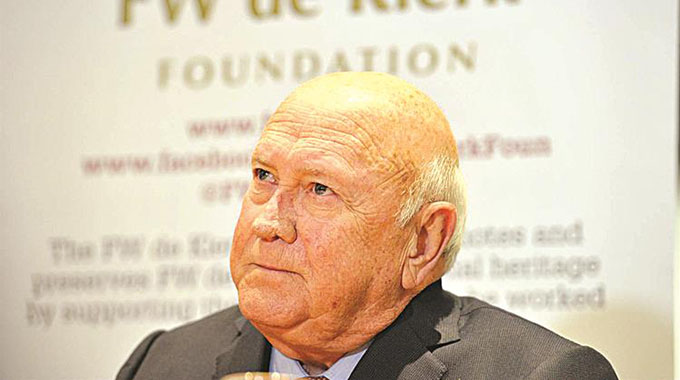
Durban. – Ordinary South Africans, including expert political commentators, have been left divided over the legacy of Apartheid South Africa’s last president, FW de Klerk, who lost his battle to cancer earlier yesterday.
De Klerk died at the age of 85 on Thursday morning after a battle with cancer.
De Klerk, 85, headed South Africa’s white minority government until 1994, when Nelson Mandela’s African National Congress party swept to power.
He shared the Nobel Peace Prize with Mandela, but his role in the transition to democracy remains highly contested more than 20 years after the end of apartheid.
President Cyril Ramaphosa paid tribute to De Klerk, saying he played a vital role in South Africa’s transition to democracy.
Mr Ramaphosa conveyed his condolences to De Klerk’s wife, Elita, his children Jan and Susan, and his grandchildren.
“My thoughts are also with Mr De Klerk’s friends and associates and the management and staff of the FW de Klerk Foundation.
While being hailed by some for his crucial role in the country’s transition from the apartheid regime to a constitutional democracy, others viewed De Klerk with unforgiving eyes, saying that his stance was always that of supporting white power.
The Economic Freedom Fighters (EFF), says that De Klerk should not be given a state funeral as he led an “evil regime” which enforced racial discrimination in the country.
Political analysts Ralph Mathekga said how people viewed the death of De Klerk would depend on where they stand, and how they understood what the climate was like in South Africa at the time of his tenure.
“It will depend where you stand because if you look at De Klerk, you look at how he became controversial recently. It will give you a very different view depending on what optics you use regarding his role.
“But from a pragmatic point of view, if you were around in 1993 and if you were aware of what was happening in the country and if you aware of the difficulties when dealing with the transition into democracy, you will recognise that he played a critical role,” Mathekga said.
Mathekga said he was not surprised to see some of the comments that have been made online about the death of the former statesman, which included one from EFF leader Julius Malema who said “Thank you God”.
Political analyst and deputy vice-chancellor at the University of Zululand, Professor Sipho Seepe, said De Klerk did not accept that apartheid was a crime against humanity.
“He continued to pursue the white agenda, he was interested in protecting the notion of ‘whiteness’. He is also one of those who supported Cyril Ramaphosa, it is because he saw someone in Ramaphosa who might undo some of the changes that were being proposed by the ANC around issues of land.
“So he was never interested in the reparations of black people, I don’t think we should start saying great things about him because he passed on. He remains the last apartheid ruler who was unwilling to apologise for apartheid. If he was concerned about proving that apartheid was a crime against humanity, he would be championing the notion of land expropriation without compensation or that there should be reparations,” Seepe said.
Archbishop Desmond Tutu’s office said The former president occupied an historic but difficult space in South Africa.
After announcing his passing, his foundation shared a video of the 85-year-old’s last message to citizens in which he said:
“I, without qualification, apologise for the pain, hurt, indignity and the damage that apartheid has done to black, brown and Indians in South Africa.” – IOLNews

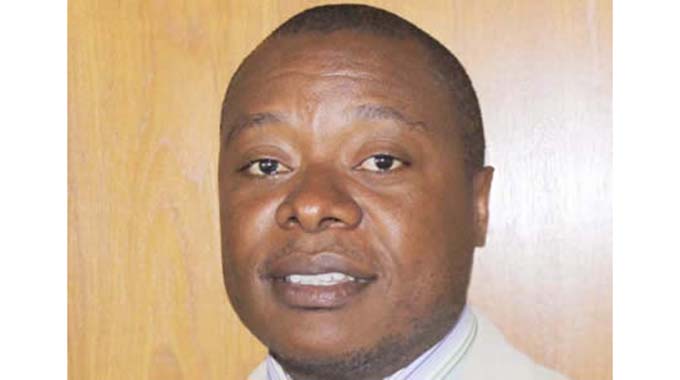
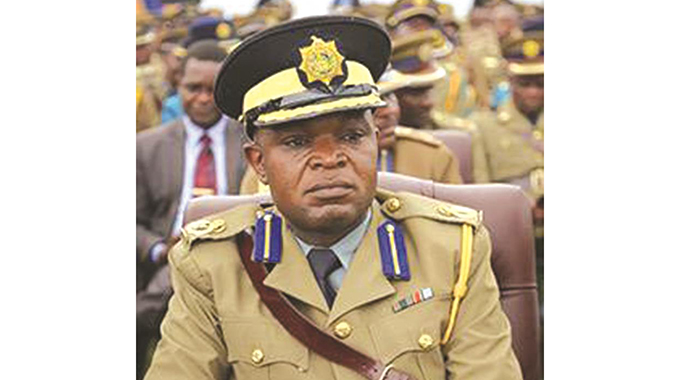
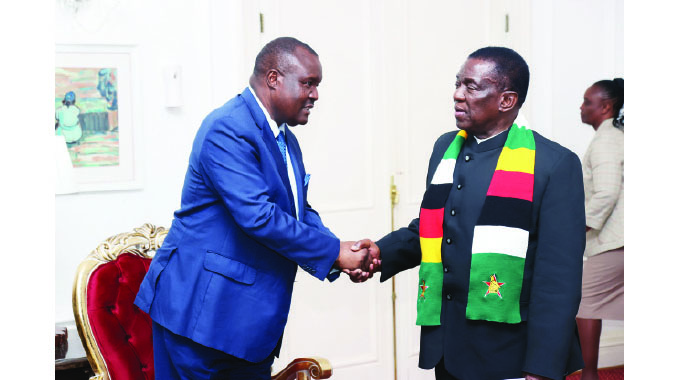
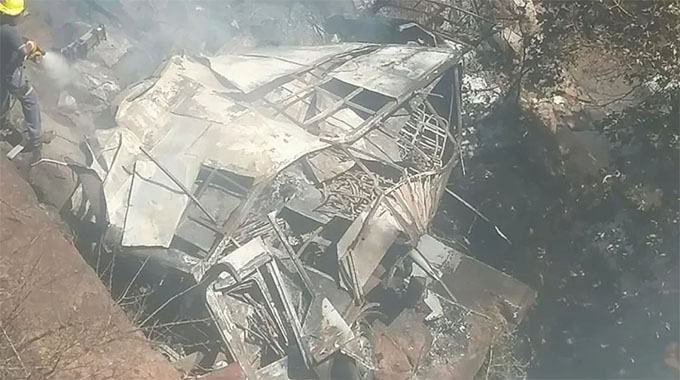


Comments